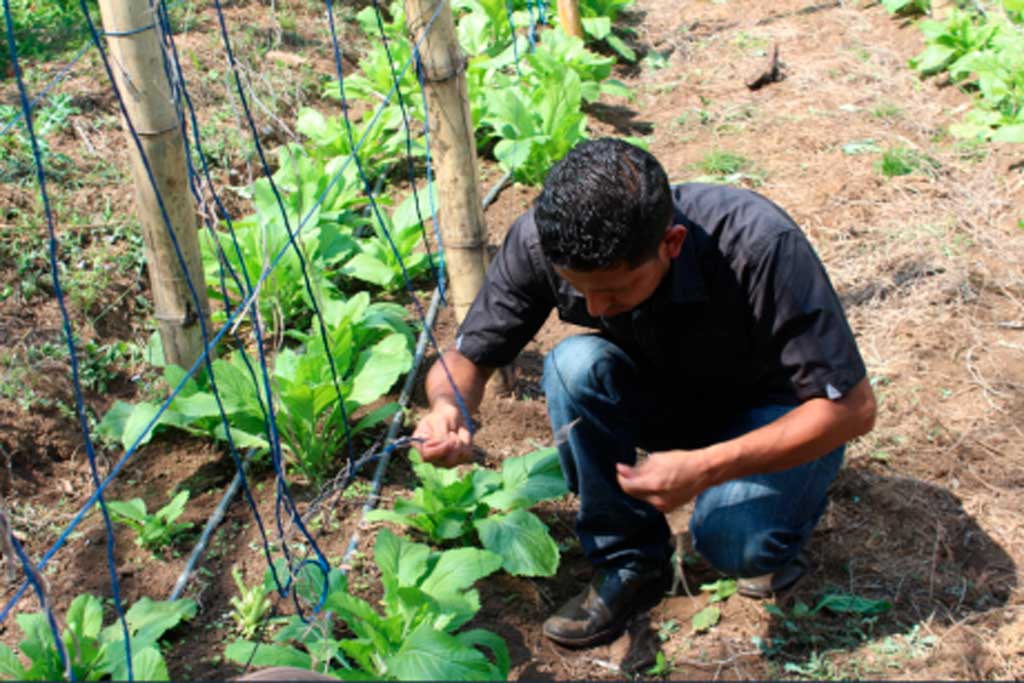Nine out of ten tomatoes in the Salvadoran market are imported, according to reports from the Center for Consumer’s Defense (CDC), which exemplified and assessed the influence of shortages on prices and how the country depends on imports to supply food to its population.
The CDC Executive Director Danilo Pérez warned about the need to change the agricultural production matrix, mainly because the situation comes when climatic and other events are taking place, such as the closure of borders in Guatemala in October 2023, due to social protests.
As a result of these actions, there is a shortage of vegetables and fruits in the La Tiendona wholesale market, San Salvador Centro, the main distributor in the country.
El Salvador’s dependence on imports from Guatemala, Honduras, Nicaragua, Mexico and even the United States, shows the precariousness of local agriculture, which is incapable of meeting the population’s food demand.
Data from the CDC indicate that 93.2 percent of the vegetables sold in El Salvador are purchased abroad, especially in Guatemala and Honduras.
Other suppliers are Nicaragua with basic grains like beans, and the United States with corn and rice.
jg/mem/lb









